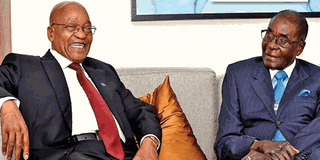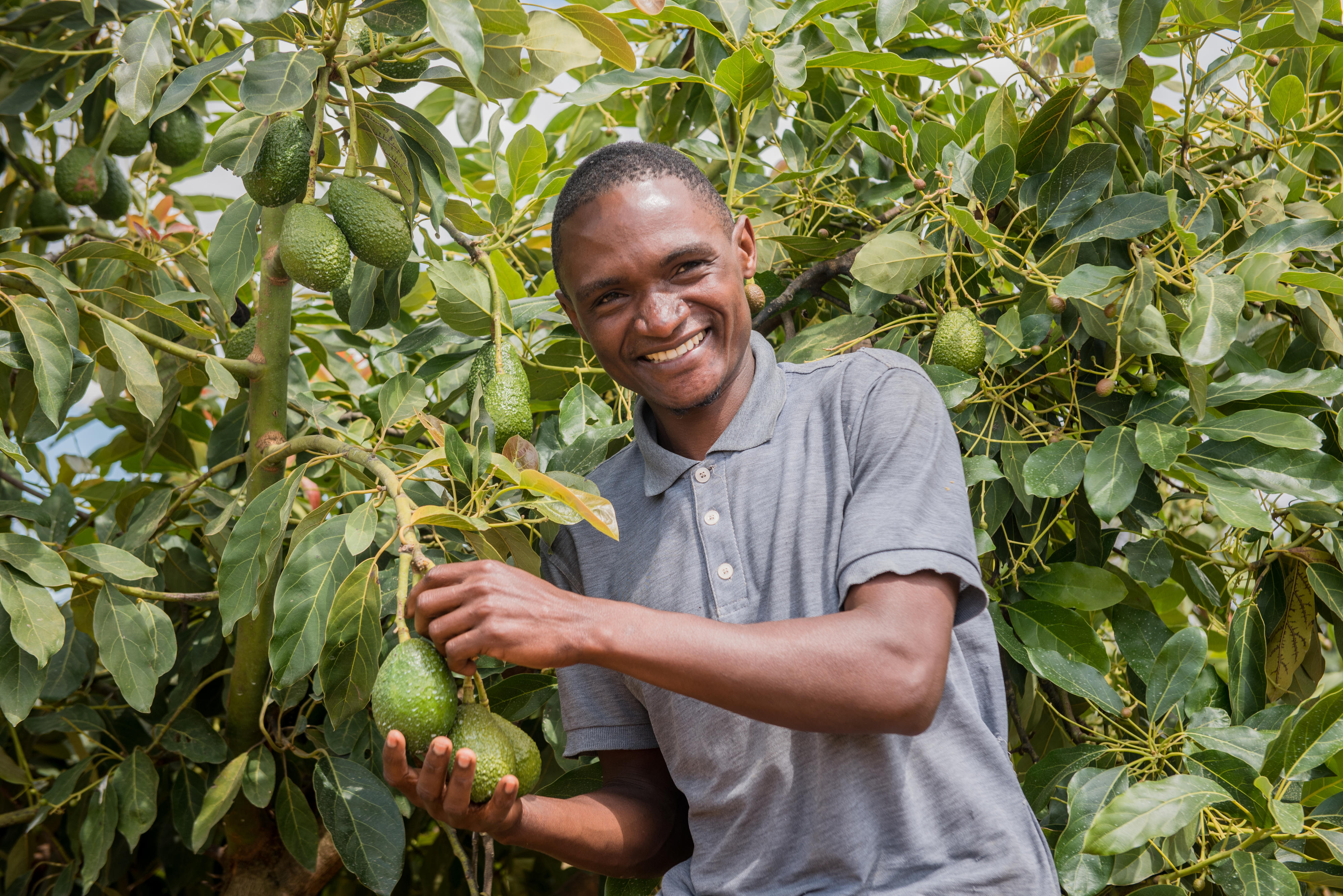Africa has chance for peace in replacing leaders peacefully

What you need to know:
- Even though coups have been on the decline as the continent increasingly frowns upon those who take power with the help of the barrel of gun. The curse of coups which started in Togo, became a permanent fixture on the political landscape throughout the following decades of self-rule, has given Africa some of the most gruesome and grotesque images such as those of the assassinations of the Tolbert cabinet in Liberia in 1980 to the assassination of the man who led those assassinations, Samuel Doe.
Replacing an African president can be a messy and violent affair. The common way of getting a new president these days on the continent is through an election which in most cases the outcome is bitterly disputed. Before elections became a fashion, military coups were a common occurrence.
Even though coups have been on the decline as the continent increasingly frowns upon those who take power with the help of the barrel of gun. The curse of coups which started in Togo, became a permanent fixture on the political landscape throughout the following decades of self-rule, has given Africa some of the most gruesome and grotesque images such as those of the assassinations of the Tolbert cabinet in Liberia in 1980 to the assassination of the man who led those assassinations, Samuel Doe.
Africa being a continent of contradictions; its political liberalization of the 1990s which was part of the “democracy wave” went hand in hand with military coups where that decade saw more than a dozen of them.
The nightmarish rule of those who seized power in coups and the stolen elections led to guerilla wars which propelled the likes of Yoweri Museveni, Paul Kagame and Laurent Kabila to power from the bushes. After their countries witnessed periods of prolonged insanity from those at the top, their rise to power was a welcome sight to those who wished to see anyone else in charge even though in the case of Laurent Kabila, his rise to power did not lead to stability in a country that constantly hemorrhages and with him falling out with the powers that swept him to power, he was assassinated though his regime survived through his son.
Elections disputed as they are have become the norm for those who want to stay or ascend to power in Africa. In the past Africa tolerated or frowned upon coups depending on how the leader came to power and how secure they were in power.
To civilian leaders it was a constant nightmare that they could be easily swept aside by soldiers, and if lucky escape with their lives. To soldiers who took power by force the only way they could keep it was through force, exposing their countries to the specter of violence and lacked the moral authority to repudiate anyone who attempted or seized power by force while their own legitimacy was wafer-thin or non-existent.
However, as a testament of how the continent is changing, some countries replaced their leaders without elections. One of the reasons coups and coups attempts were more prevalent in West and Central Africa compared to Southern Africa is the lack of dominant liberation movements/ruling parties.
This made it easier for opponents of the regimes to carry guns and try to chase away whoever is in power. Such regimes were vulnerable to external forces of superpower rivalry.
In Southern Africa even in the case of death of the president as in Angola and Mozambique, the regimes did not collapse. With a history of no coups, some of the countries with dominant political parties turned out to be successful students in political pluralism while the majority do not have exemplary scorecards, their ruling elites have come to a consensus which allows power to change hands without leaving the parties in question. It is on such a background, Zimbabwe, South Africa and Botswana have managed to replace their leaders without elections.
A reality a world away from the unfolding chaos in the Democratic of Congo.
While the circumstances of the change of guard at the top were very different in the three countries, it is a fact that in all three countries the parties in power have been there since independence or the attainment of majority rule and in the case of Botswana, for a president to retire before his time in office is up has been a political tradition much like CCM’s chairperson after Mwalimu who step aside before their time is over to give room for the new president of the country.
While some longtime rulers on the continent might have witnessed in horror as presidents were replaced in the three countries without elections and one retiring voluntarily to join the club of Africa’s “farmer presidents” while they cannot give power even through elections, and with the scourges of coups and war still a reality on the continent in countries like South Sudan where like in the Democratic Republic of Congo or the Central African Republic, new rebel groups pop up with depressing frequency, the continent is exploring different peaceful ways of changing the guard at the top without the unnecessary violence and bloodshed that accompanies political power.
With the rise of less colorful leaders who have been described as “machines” and a young population focused on experimenting and bettering their lives and those of their communities, there is hope that changing political leaders will not be a cause for so much loss in the future.
Email: [email protected]




